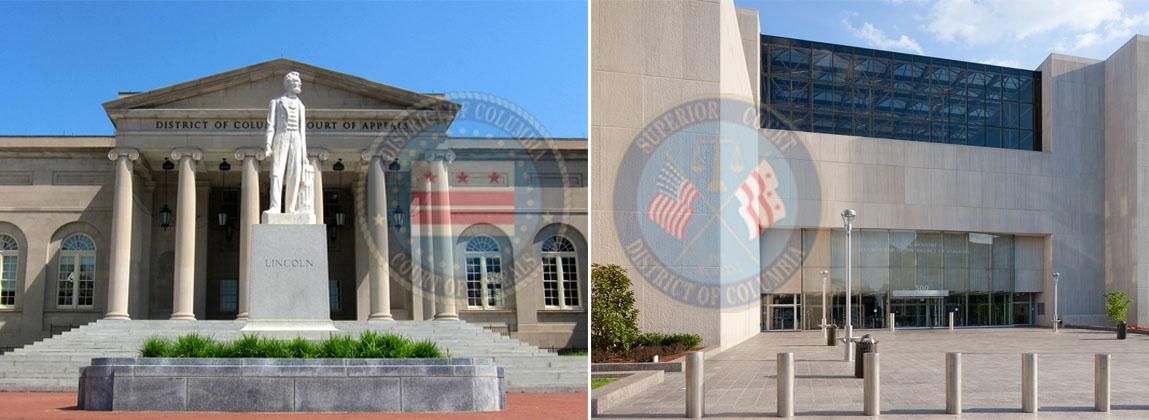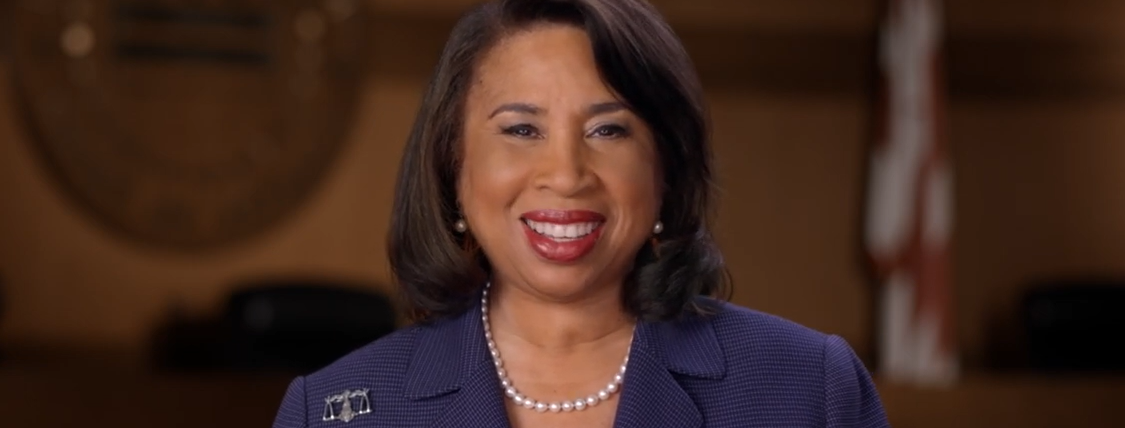During the Government shutdown, all jurors should report to Court according to their jurors' summons. The Superior Court will not issue marriage licenses or perform marriage ceremonies during the shutdown. The Superior Court will continue to issue certified copies of vital records, which include certified copies of marriage certificates that were issued by the Superior Court. For more details, visit our MARRIAGE page here: https://www.dccourts.gov/services/marriage-matters As of October 14, 2025, the District of Columbia Office of the Secretary began issuing marriage licenses, certified copies of marriage licenses issued by the Secretary, and are authorizing religious and civil celebrants to perform weddings in the District of Columbia. More details here: https://os.dc.gov/page/marriage-bureau More information on the DC Courts government shutdown plan can be found here: https://www.dccourts.gov/sites/default/files/matters-docs/DC_Courts_Shutdown_Plan.pdf
How do i ?
Keywords

Know before you go!
The new Virtual DC Courts website, made in partnership with the D.C. Bar Pro Bono Center, allows you to see what our offices look like before you come to court. Offices and courts you can check out include Domestic Violence, Family, Landlord & Tenant, Probate, and Small Claims. Start here!
Superior court
The Superior Court handles all local trial matters, including civil, criminal, family court, probate, tax, landlord-tenant, small claims, and traffic. The Superior Court is here to serve the community, and several initiatives and collaborative projects are under way to improve service to the public in our Nation's Capital.
Divisions
Court of appeals
The DC Court of Appeals is the equivalent of a state supreme court. As the highest court for the District of Columbia, the Court of Appeals is authorized to review all final orders, judgments and specified interlocutory orders of the Superior Court of the District of Columbia.
Opinions & Memorandum of Judgments
Memorandum Opinions and Judgments (MOJs) are not published. However, lists of MOJs are posted monthly and go back to September 1999.
Learn moreCourt of Appeals
e-Filing and Cases
Online
DC Court of Appeals eFiling enables attorneys and self-represented litigants to view case dockets and submit filings electronically. The system features a publicly available real-time view of the case docket and a simple mechanism to submit filings to the court electronically and free of charge.
Learn moreOral Arguments
The Court now provides real-time access to oral arguments. The court operates two courtrooms; most arguments are held in the Court of Appeals Main Courtroom. On occasion, the court conducts arguments in its Ceremonial Courtroom; for example, en banc arguments are conducted in the Ceremonial Courtroom.
Learn more















